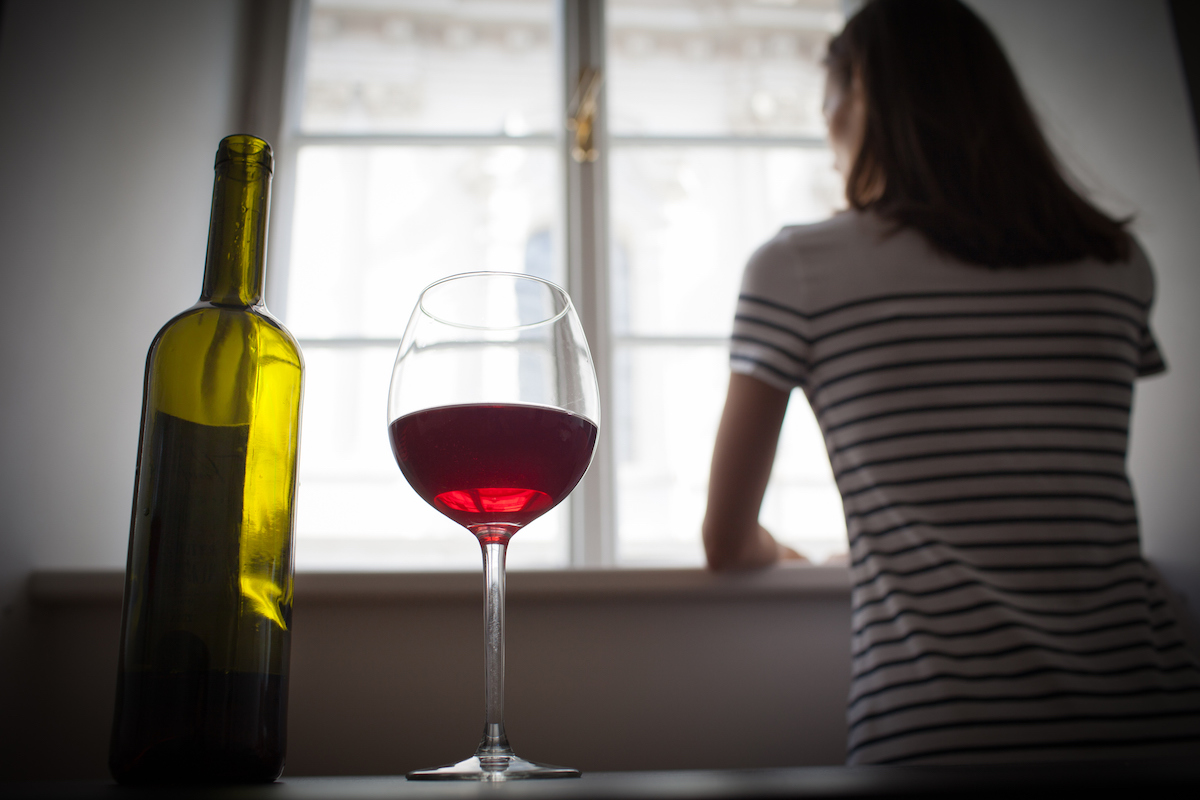<< Back
Study: Alcohol-Related Deaths Spiked 25 Percent in 2020

March 28, 2022
Doctors and mental health care providers have been aware that drinking rates have been up during the pandemic, from binge drinking to increased social acceptance of drinking, and now that has led to a large increase in alcohol-related deaths in 2020.
There was a 25 percent increase, from nearly 79,000 in 2019 to more than 99,000 alcohol-related deaths documented in 2020, according to a study published recently in the Journal of the American Medical Association. That compares with an annual average increase of 3.6 percent between 1999 and 2019.
Researchers cite several factors, including higher rates of binge drinking, drinking to cope with stress and more emergency room visits for alcohol withdrawal, and delays in treatment.
Dr. John Santopietro, Physician-in-Chief of the Hartford HealthCare Behavioral Network, said people not seeking treatment can lead to an increase in deaths, from the effects of increased alcohol use, or from withdrawal from trying to stop.
“This is yet another example of what we are going to continue to find as we recover from the pandemic and discover a myriad of underlying health crises,” Dr. Santopietro said. “We need to redouble our efforts to meet the needs of the community.”
“Alcohol is a familiar and culturally acceptable source of relief from stress, anxiety and even boredom,” said Dr. J. Craig Allen, Medical Director of Rushford, part of the Hartford HealthCare Behavioral Health Network. “However, subjective symptom improvement from an addictive substance is often short lived with the solution becoming a problem of its own. Risky use of alcohol can lead to full blown depressive, anxiety and substance use disorders.”
Among adults younger than 65, alcohol-related deaths slightly outnumbered COVID-19 deaths in 2020, the researchers found. About 74,400 Americans ages 16-64 died from alcohol-related causes, as compared with 74,075 people under age 65 who died from COVID-19.
Rushford’s Medication Assisted Treatment Close to Home (MATCH) programs use a combination of medication options and therapy to help people in recovery from addiction to opioids, alcohol or other drugs. These treatments are offered as part of the full continuum of addiction treatment care.
Alcohol use disorder occurs when unhealthy or dangerous drinking leads to changes in the brain, causing someone to experience significant impairment or distress.
Risky drinking can lead to a greater chance of developing alcohol related physical problems or an alcohol use disorder. Risky drinking occurs if you are:
- A woman who has more than three drinks at one time or more than seven drinks a week. A standard drink is one can of beer, one glass of wine, or one mixed drink.
- A man who has more than four drinks at one time or more than 14 drinks a week.
What are some signs of alcohol use disorder?
Certain behaviors may mean that you’re having trouble with alcohol. These include:
- Not being able to quit drinking or control how much you drink, or constantly wishing you could cut down.
- Spending a lot of time drinking and recovering from the effects of drinking.
- Not being able do your main jobs at work, at school, or at home.
- Giving up important activities because of your alcohol use.
- Drinking alcohol in situations where doing so is dangerous.
- Cravings or strong urges to use alcohol.
- Feeling sick the next day after drinking alcohol or drinking alcohol to feel better.
Researchers looked at death certificate data provided by the Centers for Disease Control and Prevention. Any certificate that listed alcohol as an underlying cause counted toward the study. Any deaths caused by someone driving under the influence were also included.
Dr. Allen said alcohol affects every organ in the body and increased consumption is associated with negative changes in mood, anxiety, sleep, concentration, work, relationships and worsening overall physical health.
Total alcohol sales by volume increased by nearly 3 percent in the U.S. in 2020, marking the largest annual increase in sales since 1968.
If you know someone that needs substance use disorder treatment, you can refer them by calling our Medication Assisted Treatment Close to Home (MATCH) program at 855.825.4026 or click here.